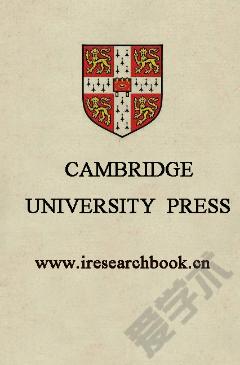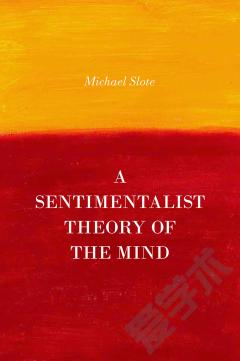Theories of Theories of Mind
1. Introduction Peter Carruthers and Peter K Smith Part I. What is acquired - theory-theory versus simulation theory: 2. 'Radical' simulationism Robert M. Gordon 3. Simulation and self-knowledge: a defence of theory-theory Peter Carruthers 4. Varieties of off-line simulation Shaun Nichols, Stephen Stich, Alan Leslie, and David Klein 5. Simulation, theory, and content Jane Heal 6. Simulation as explicitation of predication-implicit knowledge about the mind: arguments for a simulation-theory mix Josef Perner 7. Folk psychology and theoretical status George Botterill 8. The mental simulation debate: a progress report Tony Stone and Martin Davies Part II. Modes of acquisition: theorising, learning, and modularity: 9. The modularity of theory of mind Gabriel Segal 10. The relationship between SAM and TOMM: two hypotheses Simon Baron-Cohen and John Swettenham 11. Theories and modules: creation myths, developmental realities, and Neurath's boat Alison Gopnik 12. What is theoretical about the child's theory of mind: a Vygotskian view of its development Janet Astington 13. Desires, beliefs, and language Paul Harris Part III. Failures of acquisition - explaining autism: 14. What could possibly explain autism? Jill Boucher 15. Simulation-theory, theory-theory, and the evidence from autism Gregory Currie 16. Autism as mind-blindness: an elaboration and partial defence Peter Carruthers Part IV. Wider perspectives - evolution and theory of mind: 17. When does smart behaviour reading become mind-reading? Andrew Whiten 18. Chimpanzee theory of mind: the long road to strong inference Daniel Povinelli 19. Non-human primate theories of (non-human primate) minds: some issues concerning the origins of mind-reading Juan Carlos Gomez 20. Language and the evolution of mind-reading Peter K. Smith Indexes.
{{comment.content}}








 京公网安备 11010802027623号
京公网安备 11010802027623号